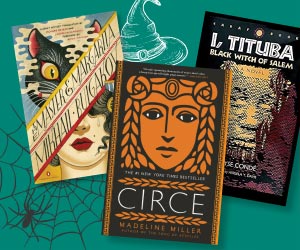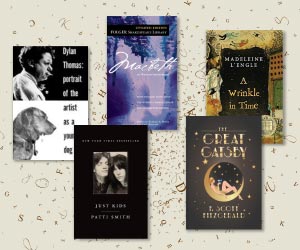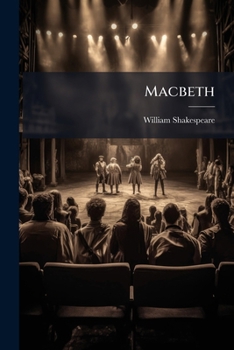Book Overview
"Macbeth," a tragedy in five acts by William Shakespeare, explores themes of ambition, guilt, and the supernatural. Set in Scotland, the play follows the story of Macbeth, a valiant general who receives a prophecy from three witches that he will become king. Driven by his own ambition and spurred on by his wife, Lady Macbeth, he murders King Duncan and seizes the throne.
As Macbeth's reign progresses, he becomes increasingly tyrannical, haunted by paranoia and visions. His descent into madness leads to further violence and bloodshed, ultimately culminating in his downfall. Lady Macbeth, consumed by guilt, also deteriorates mentally and physically.
"Macbeth" is a powerful exploration of the corrupting influence of power and the consequences of unchecked ambition. A cornerstone of English literature, this classic play continues to resonate with audiences today through its timeless themes and vivid characters.
This work has been selected by scholars as being culturally important, and is part of the knowledge base of civilization as we know it. This work was reproduced from the original artifact, and remains as true to the original work as possible. Therefore, you will see the original copyright references, library stamps (as most of these works have been housed in our most important libraries around the world), and other notations in the work.
This work is in the public domain in the United States of America, and possibly other nations. Within the United States, you may freely copy and distribute this work, as no entity (individual or corporate) has a copyright on the body of the work.
As a reproduction of a historical artifact, this work may contain missing or blurred pages, poor pictures, errant marks, etc. Scholars believe, and we concur, that this work is important enough to be preserved, reproduced, and made generally available to the public. We appreciate your support of the preservation process, and thank you for being an important part of keeping this knowledge alive and relevant.
Customer Reviews
Thumbs Up from the Teacher
Yale's may be the best edition of Macbeth
Excellent Macbeth for Middle and High School Teachers and Students
Shakespeare can be fun
A "Dummy's" Dream!
The Tragedy of Macbeth Mentions in Our Blog

Witches take many forms in literature—from villainous queens to secret healers to heroic vigilantes. They can be young or old, real or imagined, historic or modern-day. This roundup of liter-witch-ure offers a variety of witchy representations, ranging from old to new.

Taylor Swift's new album, The Tortured Poets Department, came out April 19. Swift has a long history of including literary nods in her music and this title suggests her most bookish album yet! Back when she announced the track list, we made some predictions about things. Let's see how we did and explore all of the literary references in her latest lyrics.

Watching the Oscars this weekend? If so, you’ll want to catch up on the literature that served as inspiration for some of the nominated movies. Plus, we share some of our favorite book-to-screen best picture winners from the last quarter century.

The pandemic put many exciting film releases on hold, but movies are back, baby! And, in keeping with our key interests, we've put together a list of upcoming book-to-screen adaptations that we can't wait to see. (But only after we read, of course.)







